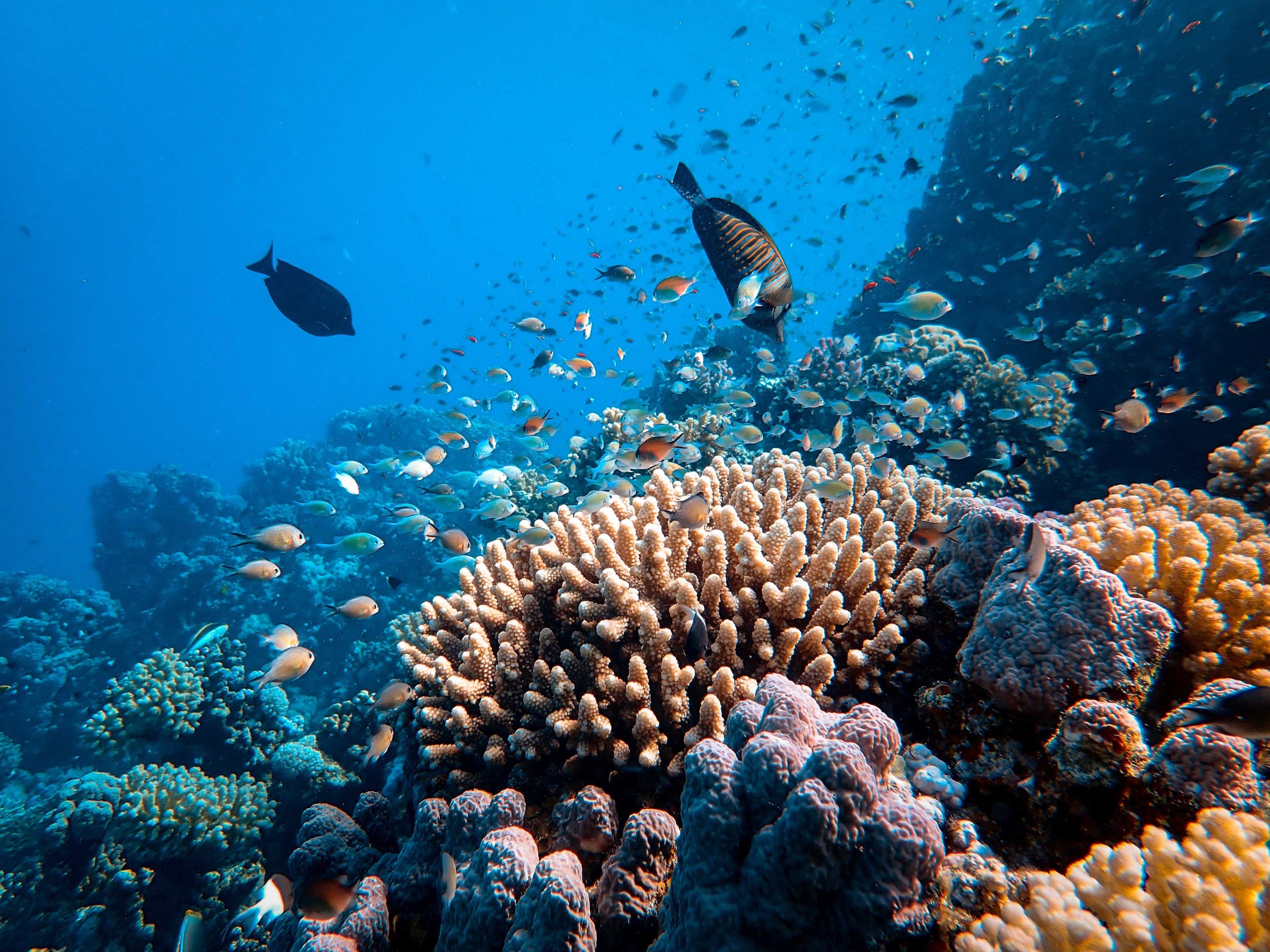Coral reefs are under threat from a variety of human activities, including climate change, pollution, overfishing, and coastal development. In response, conservation efforts are underway around the globe to protect these vital ecosystems and ensure their survival for future generations.
One of the most important conservation efforts is reducing greenhouse gas emissions to slow the effects of climate change. The Great Barrier Reef Foundation in Australia is working to reduce carbon emissions through research and advocacy, while the Nature Conservancy’s “Blue Carbon” initiative aims to protect coastal ecosystems like mangroves and seagrass beds that absorb and store carbon.
Efforts are also underway to reduce pollution and manage coastal development. The Coral Triangle Initiative, which includes six countries in Southeast Asia and the Pacific, is working to improve coastal management and reduce pollution from sources like agriculture and industry. In the Caribbean, the Healthy Reefs for Healthy People Initiative is working to improve wastewater management and reduce pollution from boats and other sources.
In addition to these large-scale conservation efforts, community-based conservation efforts have also proven effective in protecting coral reefs. For example, the Coral Triangle Center in Bali, Indonesia works with local communities to develop sustainable fishing practices and promote conservation education. The Fiji-based nonprofit, Beqa Adventure Divers, has partnered with local communities to establish a shark sanctuary and promote sustainable tourism practices.
Research is also a critical component of coral conservation efforts. The Coral Reef Alliance funds research on the impacts of climate change, pollution, and other threats to coral reefs. The National Oceanic and Atmospheric Administration (NOAA) also conducts research on coral conservation and provides resources to help manage and protect coral reefs.
Despite these efforts, there is still much work to be done to protect coral reefs around the world. The International Coral Reef Initiative is calling for increased funding for coral conservation efforts, as well as better coordination among conservation organizations and governments. The Coral Reef Alliance is advocating for policies that protect coral reefs from pollution and overfishing, as well as efforts to promote sustainable tourism and reduce greenhouse gas emissions.
In conclusion, coral reefs are facing a variety of threats from human activity, but there are a range of conservation efforts underway around the globe to protect these vital ecosystems. From reducing greenhouse gas emissions to promoting sustainable fishing practices, there are many ways to support coral conservation. By working together to raise awareness and take action, we can ensure that coral reefs remain healthy, vibrant, and full of life for generations to come.




